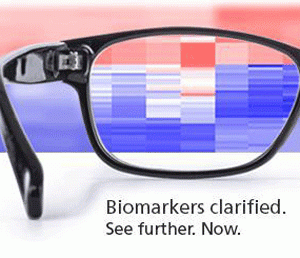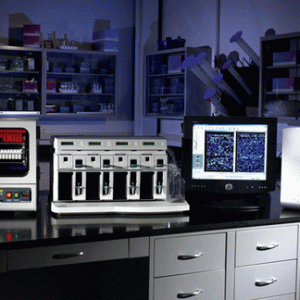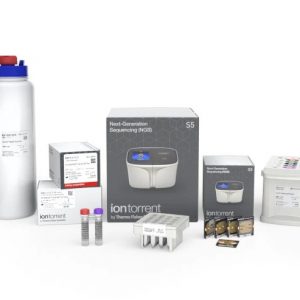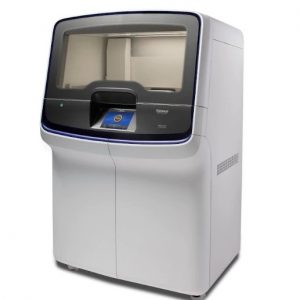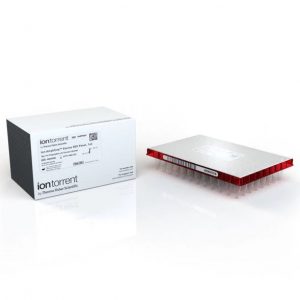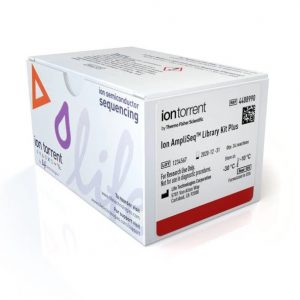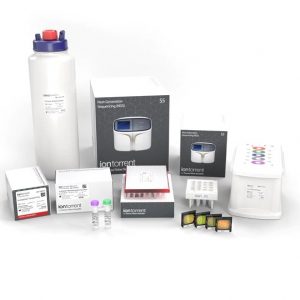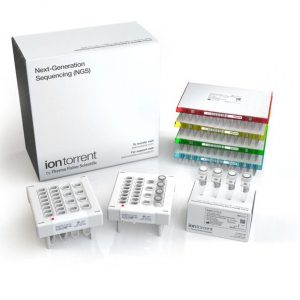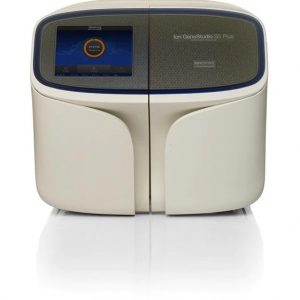GENOMICS
Genomics is the study of all of an organism’s genes, collectively known as the genome, including interactions between genes and any influence from the organism’s environment. Looking at an organism’s genome helps us understand how certain variations in DNA sequences account for differences in characteristics, such as disease susceptibility and physical traits, among individuals. Genomics also sheds light on how such characteristics are passed onto the next generation. In human disease research, we look at how DNA sequence mutations affect gene function, which may either promote or hinder disease progression, or alter a person’s response to certain drugs. Genome-wide association studies benefit farmers and breeders by predicting how agriculturally-desirable traits are inherited in the shortest possible time.
Molave offers a unique range of solutions for genomics, including Applied Biosystems microarray analysis solutions and Ion Torrent next-generation sequencing (NGS) systems from Thermo Fisher Scientific. These technologies enable your laboratory to expand its horizons in precision medicine research, agrigenomics, gene expression studies, and genetic testing.
Applied Biosystems Axiom microarrays provide tools for agrigenomics and transcriptomics, including marker-assisted breeding, population diversity and conservation, as well as trait analysis. Unique solutions are also available for cytogenetics, such as CytoScan chromosomal microarrays that help elucidate chromosomal aberrations that lead to cancer, intellectual disabilities, global developmental delays, and pregnancy loss. The genetics of complex traits, disorders, and population diversity, are also applications that can be advanced with Axiom human genotyping arrays, using population-optimized arrays with tailored content.
NGS is a high-throughput methodology that enables rapid sequencing of DNA or RNA samples. NGS is driving discovery and enabling the future of personalized medicine, supporting a broad range of applications, including gene expression profiling, detection of epigenetic changes, and molecular analysis. Other important applications include cancer research, infectious disease and microbial research, reproductive health, and agrigenomics.
Showing 1–12 of 31 results



